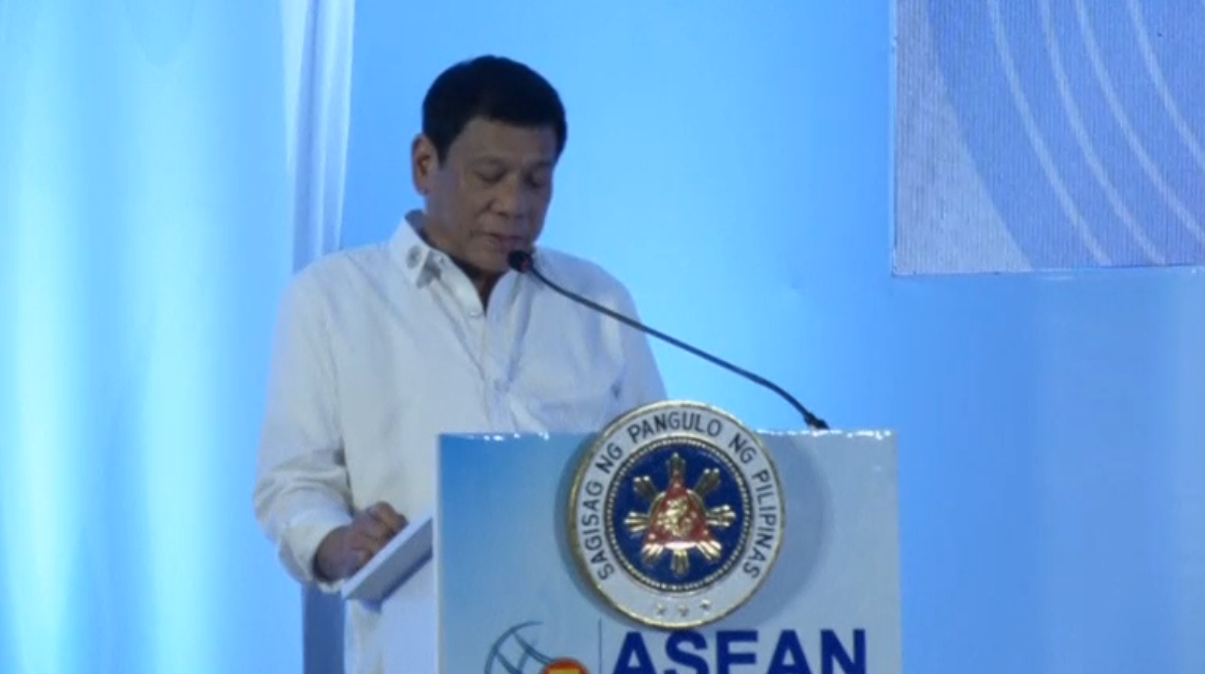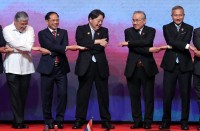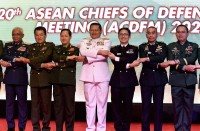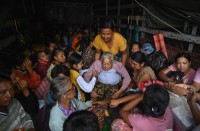
(Reuters) — Philippine President Rodrigo Duterte warned at the ASEAN (Association of Southeast Asian Nations) Business and Investment Summit on Tuesday (September 6) that the illicit drug trade was a “pressing problem” for his country and the region.
Speaking to business representatives from various countries in Laos, he said that the regional bloc needed “stronger resolve to combat transnational crime”.
“The trade in illicit and illegal drugs in particular has emerged as a pressing problem for our countries, undermining social cohesion under rule of law and a social economic problem,” Duterte said.
Duterte won the presidency in May promising to suppress crime and wipe out drugs and drug dealers.
Over 2,400 people have been killed in Duterte’s campaign against illegal drugs, with the police saying about 900 of those killed died in police operations, and the rest were “deaths under investigation,” a term human rights activists say is a euphemism for vigilante and extrajudicial killings.
He has repeatedly bristled at criticism of his “war on drugs” leading him to call U.S. President Barack Obama a Filipino phrase which can mean “son of a bitch” or “son of a whore” after Obama expressed concern over extrajudicial killings.
The tiff between the two allies overshadowed the opening of the ASEAN summit as Washington called off a bilateral meeting.
Duterte later sought to defuse a row with the United States voicing regret for his comments. The Philippines issued two statements expressing regret and also briefed reporters.
“President Duterte explained that the press reports that President Obama would ‘lecture’ him on extrajudicial killings led to his strong comments, which in turn elicited concern,” the Philippines government said in a statement. “He regrets that his remarks to the press have caused much controversy,” it added. “He expressed his deep regard and affinity for President Obama and for the enduring partnership between our nations.”







